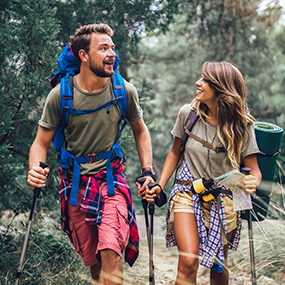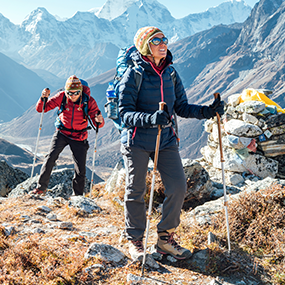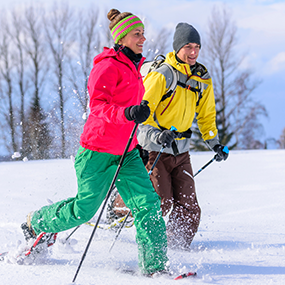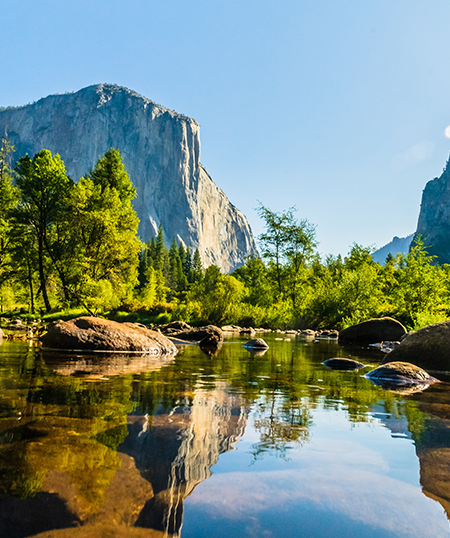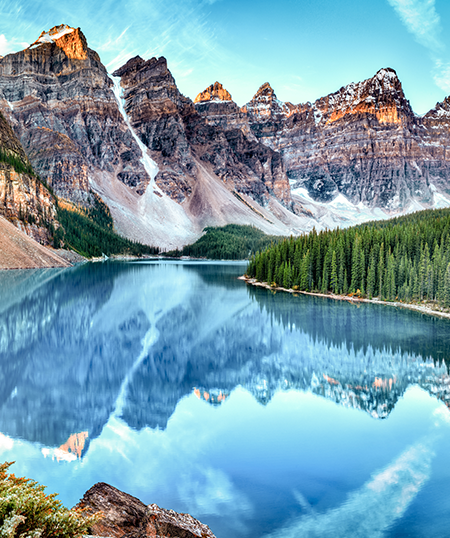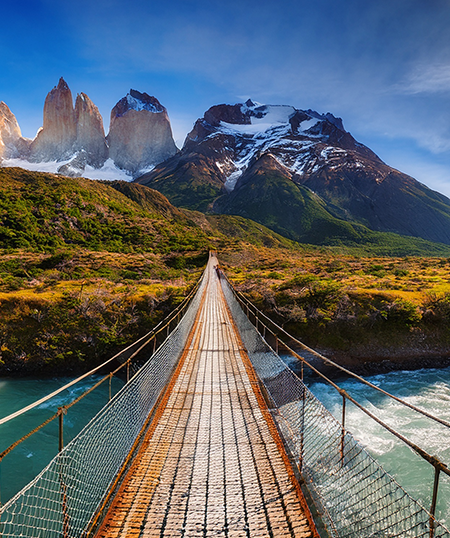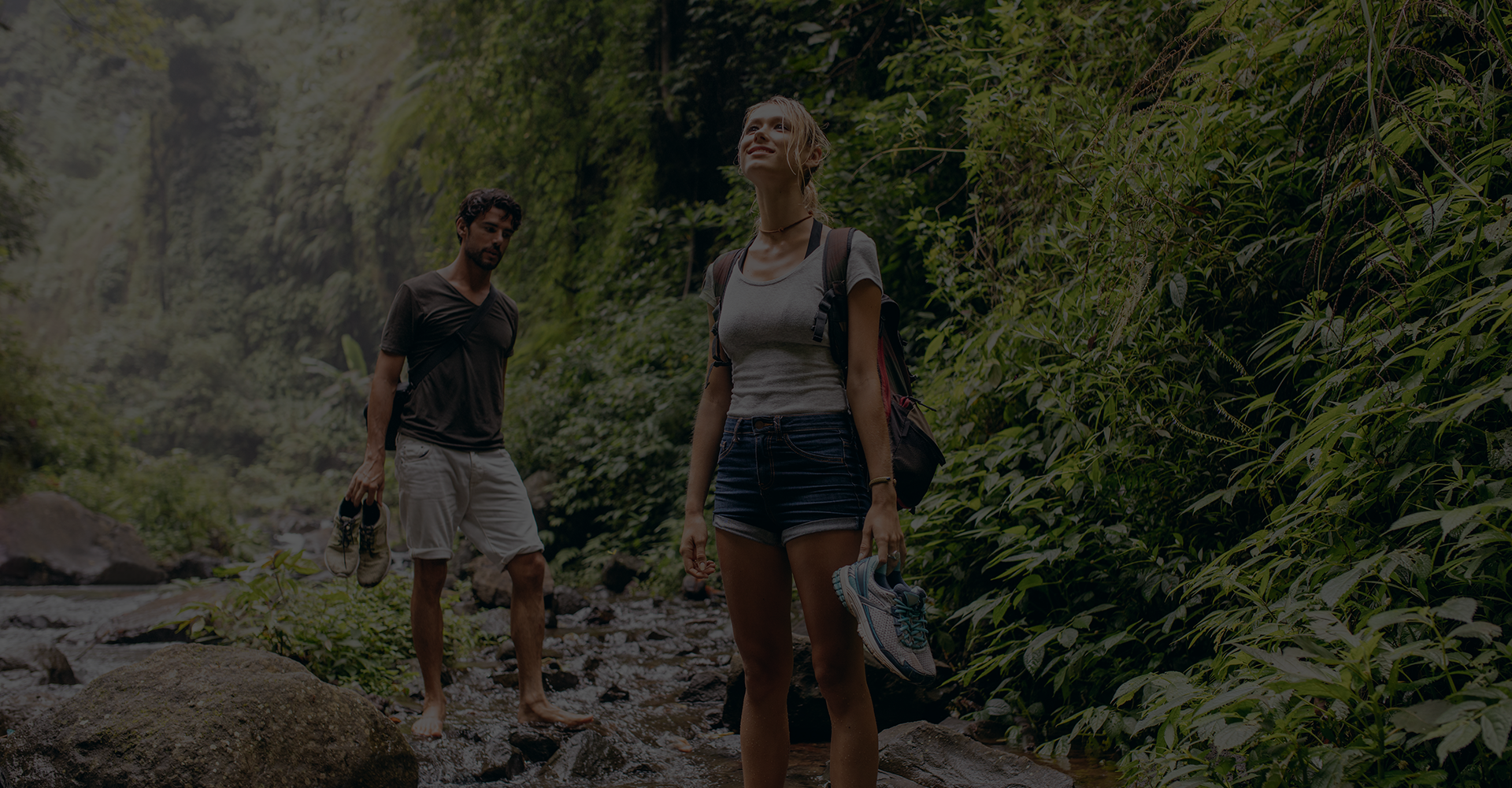

Hiking adventures
The diversity of outdoor experiences for travel enthusiasts
Hiking
Which activities for which landscapes?
The Keys to a Successful Camping Trip: Tips and Best Practices

To fully enjoy the camping experience, it’s essential to properly prepare for your trip by taking several key aspects into account. Choosing a campsite plays a decisive role, favoring a flat area, protected from the elements, and close to natural amenities such as water.
Bringing appropriate equipment, including a sturdy tent, a sleeping bag suitable for the weather, and a first aid kit, ensures comfort and safety. Adopting environmentally friendly practices, such as responsible waste management and wildlife conservation, helps preserve nature for future generations.
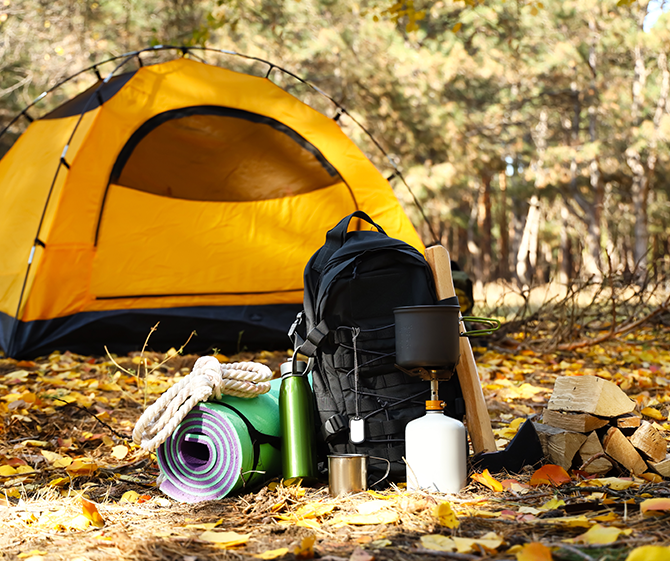
Nature escape
Breathtaking camping spots
Explore the outdoors
Sports, relaxation, and adventures for all

Biking / Mountain biking
Ride through roads or rugged trails for fun or sport.

Running / Trail running
Keep fit and connect with nature by running on outdoor paths.

Kayaking / Canoeing
Paddle through rivers, lakes, or seas for a peaceful or thrilling ride.

Surfing / Paddleboarding
Glide across waves or calm waters for a fun aquatic workout.

Mountaineering
Climb high-altitude peaks, often requiring technical skills and endurance.

Trekking
Embark on long-distance journeys through mountains, forests, or valleys.
Homestay
An authentic cultural immersion
Staying with a local family is one of the most enriching ways to immerse yourself in a culture. This type of accommodation offers much more than just a roof over your head: it allows you to share meals, observe daily routines, learn unwritten social norms, and build genuine human connections.
By living with the locals, you gain a deeper understanding of their values, their history, and their way of seeing the world.
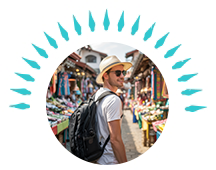
Sustainable Tourism
Adopt the Right Habits When Traveling
Traveling responsibly starts with a series of simple but impactful choices. Opting for eco-certified accommodations, reducing air travel, and favoring public transportation or alternative modes of transport are all actions that limit the ecological footprint of travel. Supporting the local economy by consuming artisanal products or hiring regional guides promotes more equitable development.
